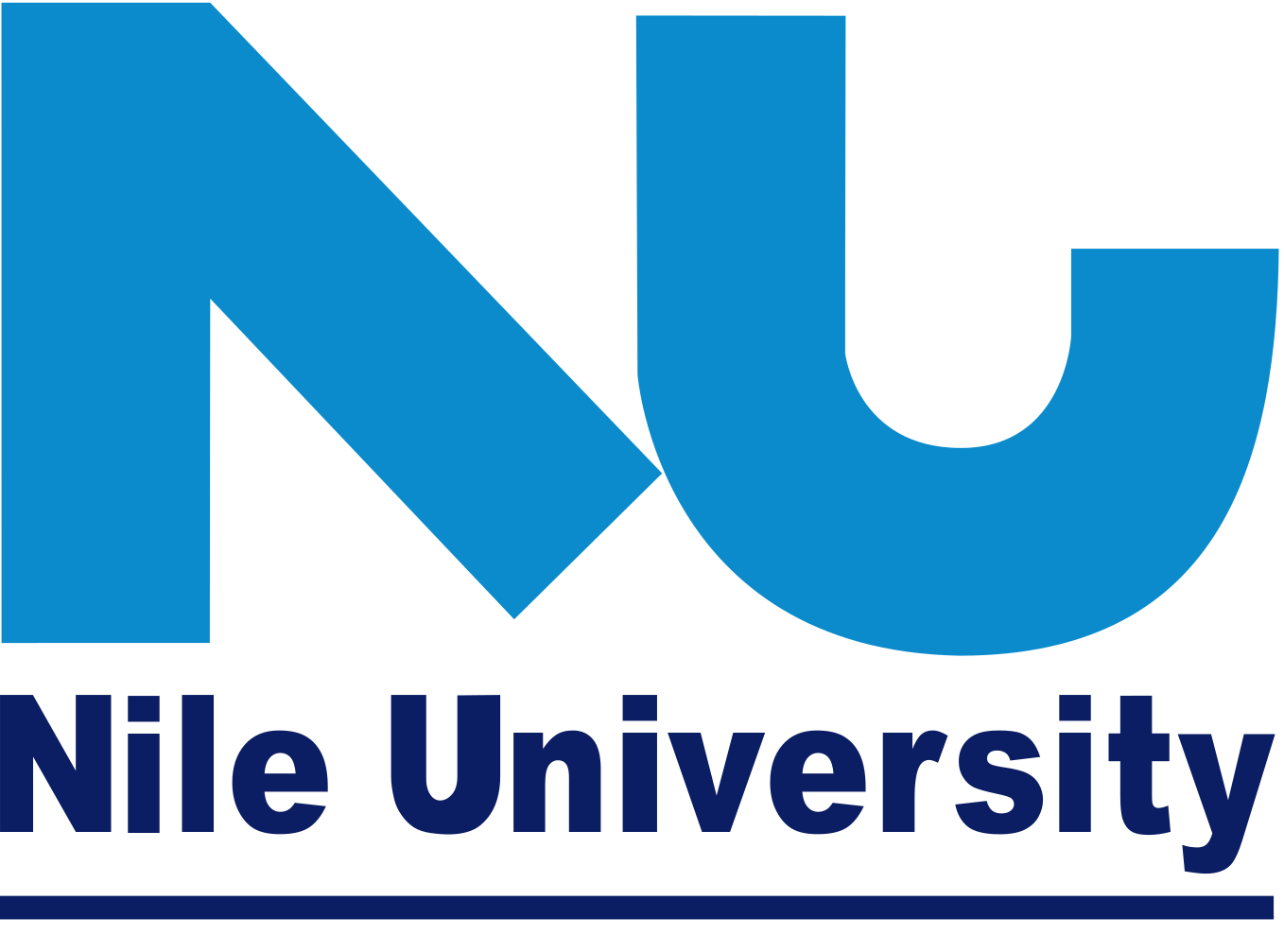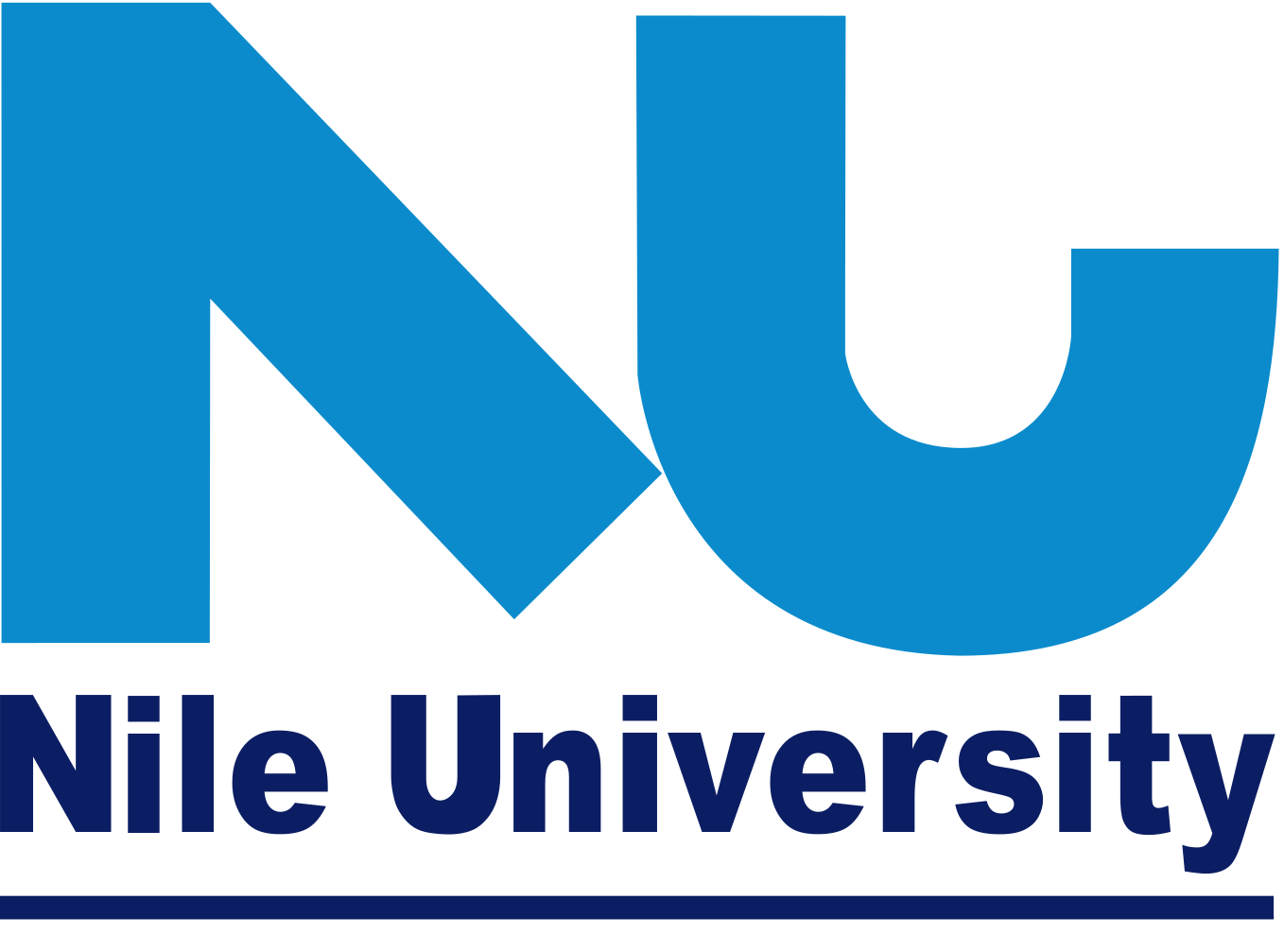Students’ qualifications and market-needed competencies:
GAP analysis conducted by STREAM project consortium


What is the STREAM project?
In the MENA region, the unemployment rate among HE graduates is among the highest in the world as a direct result of the mismatch between education outcomes and expectations of the labor market. With the fast-evolving pattern of the market needs as a result of revolutionary technologies such as Industry 4.0, AI, robotics, and machine learning, a new shift in human resource requirements map is at hand leaving HEIs with an inevitable time-pressing challenge to adjust the learning processes to yield particular competencies that expand way beyond the technical knowledge that has been the focus for many decades.
It is thus the aim of this project to develop a generation of globally exposed HE graduates, who are equipped with the essential character and social and cognitive skills blended with academic competencies, with a higher degree of readiness for the fast-evolving community and job market, and who are capable of integrating effectively in a multicultural, diverse ecosystem. Hence, a competence-tailored student journey map that blends academic and academic-complementary competencies during the student's lifetime is introduced.
A pilot set of 35 short- and 10 long-term extracurricular activities & “quests” which are competence tailored are designed and programmed into the LMS & SIS of partner HEIs, along with 35 courses (120 ECTs) in engineering and ICT restructured to align with SDGs in competency-based format, targeting the full envisioned picture of the future “Global Citizen” possessing competencies that were clearly identified via an exhaustive GAP analysis developed at the beginning of the project.
A target of at least 60 students at each of the 7 partners HEIs in Egypt, Jordan, and Algeria is planned. The Student-Stakeholders Engagement Portal, where employers and students share their profiles and where both have an open arena to engage in internships, summer jobs, and capacity-building programs, is essential in the proposed integrative (academic/extracurricular/industry engagement) approach.
Nile University is one of the main partners in STREAM project; coordinated by Riga Technical University in Latvia and co-funded by the Erasmus+ Programme of the European Union, and working together with:
- Institutions from programme countries: University of Applied Sciences Dresden, Polytechnic University of Cartagena
- Institutions from partner countries: Egypt-Japan University of Science and Technology, South Valley University, Wuzzuf, Al Alfi Foundation, University of Mostaghanem Central, University of Tlemcen, Princess Sumaya University for Technology and Irbid National University

What is the WP1- Gap Analysis?
The Gap Analysis is a part of STREAM project (University Student Capacity Building: Towards Readiness for Sustainable Development-Oriented Regional Job Market), co-funded by the Erasmus+ Programme of the European Union.
The aim of the analysis is to increase the awareness of the current regional employability & market-needs compatibility situation and pave the road for guided development of the project activities.
The competency gap of students’ qualifications and market-needed competencies has been mapped with the use of two online surveys, developed in close cooperation of the STREAM consortium:
- Targeted at current students of ITC fields, as well as recent graduates in ITC
- Targeted at Employers, Trainers and HR staff from companies hiring in the ICT fields).
Survey and GAP Analysis Deliverables
- Identifying the current state of the graduates' qualifications and competencies at the participating countries and the MENA region in general.
- Surveying of the current and future market trends and needs in terms of skills and competencies of the graduates in the participating MENA partner countries and in the EU.
- Identifying and defining the exact roadmap to bridge from (1) and (2).
NU is pleased to share the very first outcomes of the project activities. The Gap Analysis was the first milestone in achieving the ultimate objective of the STREAM project, which is to develop a generation of globally-exposed university graduates, equipped with essential character, social and cognitive skills blended with and into academic and subject-matter competencies, with a higher degree of readiness for the fast-evolving community and job market, and who are capable to integrate effectively in a multi-cultural, diverse ecosystem.
Concluding Work Package 1 (Preparation) of the STREAM project, the analysis – necessary to identify the fine-tuned implementation steps of the entire project – will help to increase the awareness of the current employability & market-needs compatibility situation and pave the road for guided development of the project activities towards its goal.
You can refer to the attachments (Survey Reports and Gap Analysis) to access detailed information regarding the methodology and findings:




